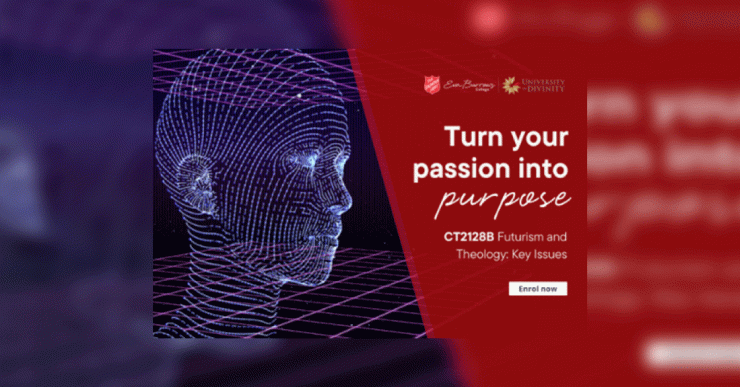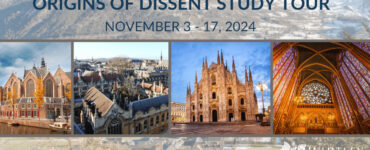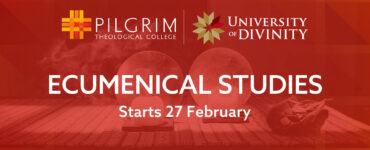This unit will introduce you to the specific issues related to current scientific and technological developments and explores their impact upon different spheres of life and engages with major ethical and theological responses. You will learn to employ the Four Voices model of Theological Action Research developed by Helen Cameron to address a variety of questions related to Artificial Intelligence, robotics, biotech, space exploration, human enhancement, Big Data, surveillance, life extension and beyond. You will explore these issues through interdisciplinary theological reflection primarily drawing on the frameworks of consequentialist and virtue ethics.
| Study period | Semester 2 2023 |
| Class time | 4 x 60 – minute Interdisciplinary Workshops via Zoom approximately every three weeks:Tuesday 15 August Tuesday 5 September Tuesday 26 September Tuesday 31 October 7.00-8.00 pm. |
| Lecturer | Reverend Dr Arseny Ermakov
Reverend Professor Glen O’Brien |
| Level | Level 2
Level 8 |
| Study Mode | Online |
| Unit Code | CT2128B |







Add comment